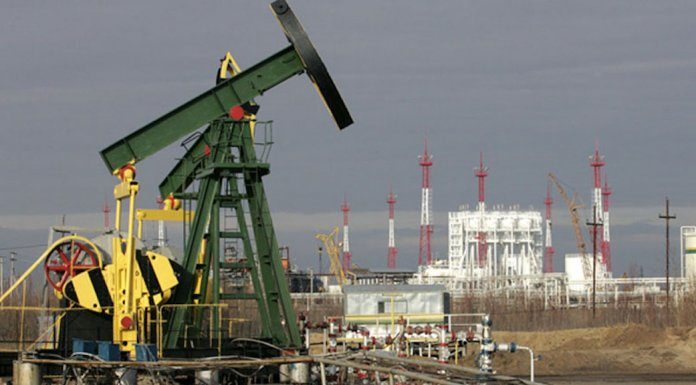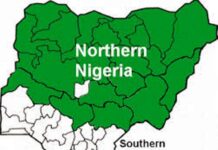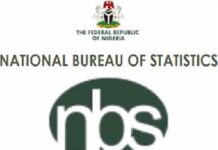
Nigeria’s Rig Count drops By 55.34% In Q1, 2021
The rig count of Nigeria has dropped by 55.34 per cent in the first quarter, January–March, 2021 to 19, according to data collated from recent reports of the Organisation of Petroleum Exporting Countries, OPEC.
The rig count, a major index of measuring activities in the upstream sector, had stood at 65 in the corresponding period of 2020 before sliding to 19, mainly due to the delay in the passage of the nation’s Petroleum Industry Bill, PIB, and coronavirus pandemic.
A breakdown showed that Nigeria utilised six, seven, and six rigs in January, February, and March 2021, respectively, against 21, 23, and 21 used in the corresponding period of 2020.
Consequently, in its report obtained by Vanguard, the Department of Petroleum Resources, DPR, puts the nation’s oil reserves at 37 billion barrels, even as the government had earlier planned to hit 40 billion barrels by 2020.
Read Also:
Commenting on the development, Victoria Ibezim-Ohaeri, Director, Spaces for Change, who stressed the importance of the early passage, including enhancing investment, stated: “The PIB 2020 is a proposed law seeking to introduce far-reaching industry reforms in the Nigerian oil and gas sector.
“Among other objectives, the bill aims to establish good governance, best practices, and ease of doing business in the industry by clarifying roles and responsibilities of officials and institutions, to enable frontier exploration, mandate improved environmental compliance, and transform NNPC into a commercially viable enterprise.
“The laws regulating the oil and gas industry date back to pre-Independence and pre-Democracy rules in Nigeria when laws were made without inclusion and in the light of the peculiarities at that time.”
She added: “With the advancements in technology, the volatility of oil prices, climatic changes influencing the driving forces of the global economy, it has become imperative to review extant laws to bring them in alignment with current realities.”


































